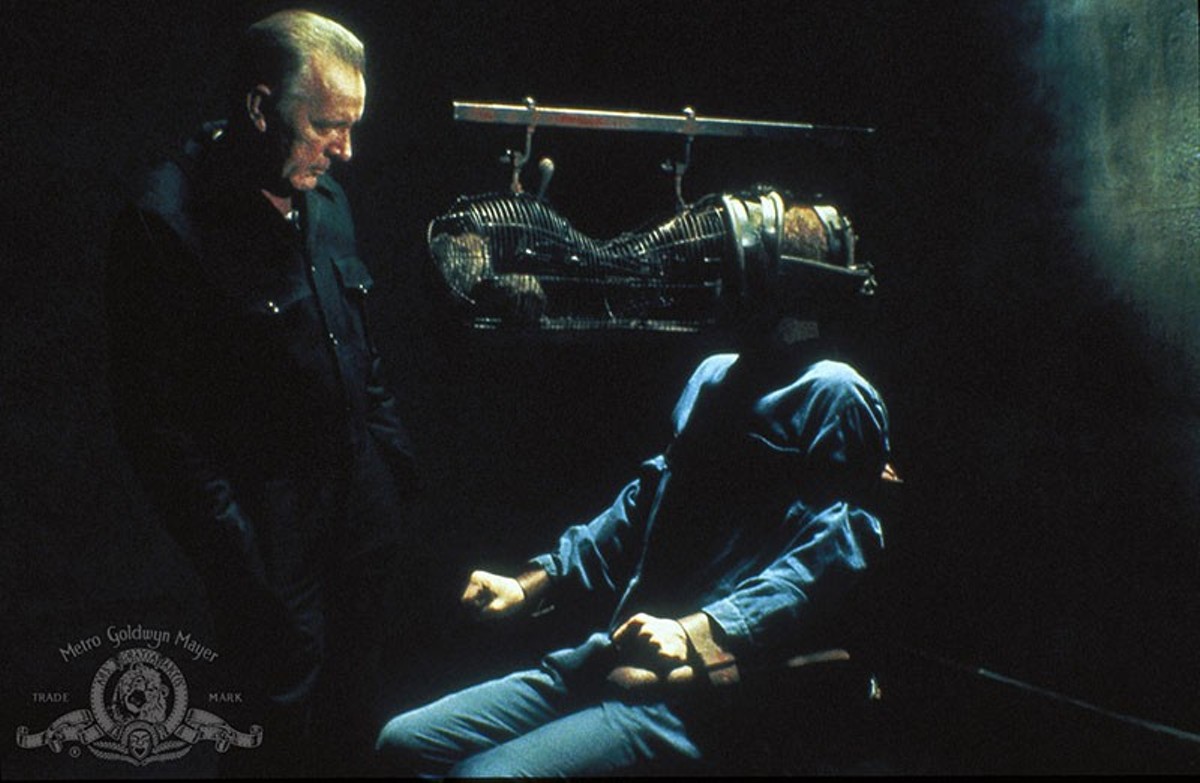In January, a few days after a narcissistic television personality best known for gold-stamping his name on everything he owns was inaugurated to a position for which he was neither suited nor qualified, a 68-year-old novel leapt to the top of independent bookstores' best seller lists and Amazon sales charts.
This is not the first time that sales of George Orwell's 1984 have been boosted by current events — a similar jump occurred in 2013 in the wake of Edward Snowden's first revelations about NSA spying — but some see the current popularity of the novel as especially pertinent. What, after all, could explain Kellyanne Conway's citation of "alternative facts" better than the Orwellian concept of doublethink, central to the political structure supporting Big Brother? And what simpler definition of Winston Smith's job revising and rewriting history than "fake news"?
The analogy is far from perfect. To diminish the scope of Orwell's cultural criticism to a current election cycle is an injustice; his ideas about political discourse and its abuse of language remain relevant as they were in 1949. But let's not split hairs; anything that gets people reading the book or thinking about its implications is a step in the right direction.
To honor the timeliness of Orwell's vision and in the current spirit of resistance, more than 90 cinemas and film organizations across the country present a free screening of the most recent film adaptation of 1984, Michael Radford's version (produced and released, fittingly, in 1984) on Tuesday, April 4, the date on which Orwell's fictional hero made his first rebellious journal entry. Locally, you can catch the film at an early evening screening at the central branch of the St. Louis Public Library (1301 Olive Street), sponsored by Cinema St. Louis.
It's possible that every generation forces its own interpretation upon 1984. A 1956 film version starring Edmond O'Brien gave it a traditional anti-Communist Cold War reading (irritating Orwell's widow enough to withdraw the film from public view once the rights returned to her). Radford's film, which benefits from an excellent performance by John Hurt as Winston and a toned-down Richard Burton in his penultimate role as smarmy Big Brother surrogate O'Brien, is a film very much produced in the wake of the self-absorbed late '70s.
Though faithful to the novel in nearly every respect, it's less concerned with Orwell's cautionary advice on language or the power structure that keeps Oceania always at war with Eastasia, except for when it's at war with Eurasia. The emphasis here is on the personal hardship of living under Big Brother's eye, the drab environment, lack of privacy, bad food and, most importantly, the forced celibacy which Winston and his comrade Julia (Suzanna Hamilton) make a special point of disobeying. (When the film was first released, it even had a catchy techno-pop tune, "Sexcrime," performed by the Eurythmics.)
As an adaptation of the novel, Radford's 1984 is nearly flawless, but it can only bring to life the book's human qualities, the tragedy of doomed love and betrayal, the banality of an authoritarian bureaucracy, the sadly familiar terror of Room 101. Orwell wanted to do more than that; his target was not just a political system but an intellectual spider web, a way of thinking (and speaking) that permeated everything and wished to influence everyone. The story, whether on paper or in images, was just the beginning. The battle continues.






